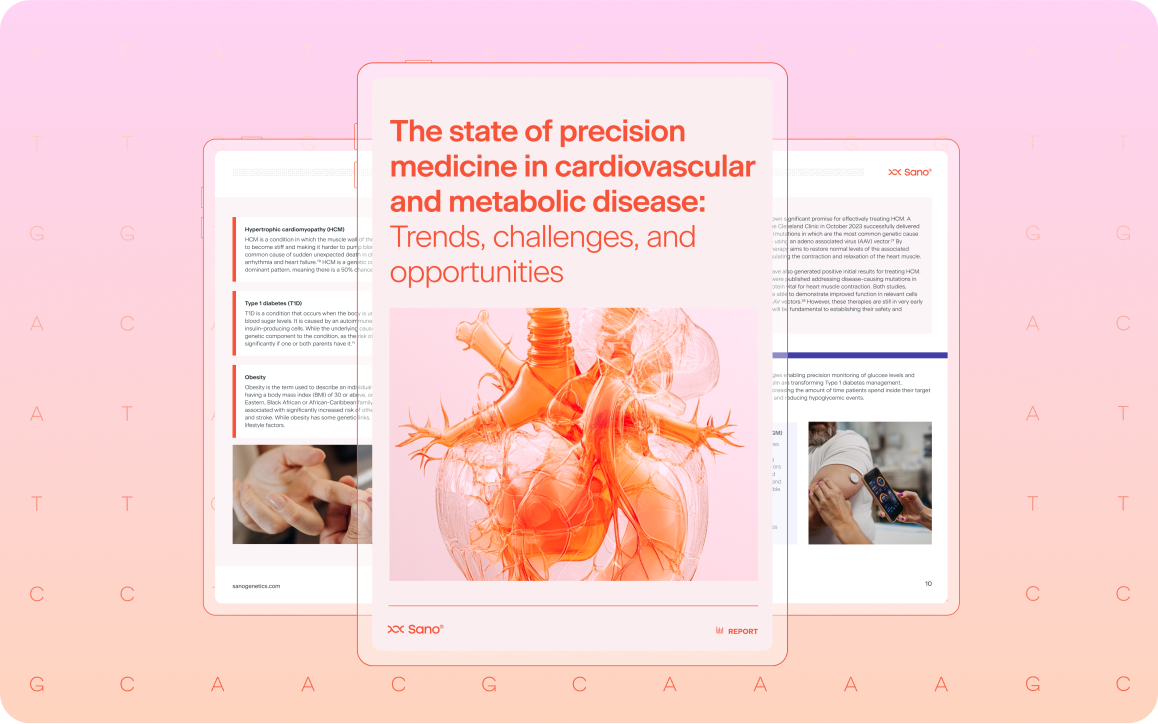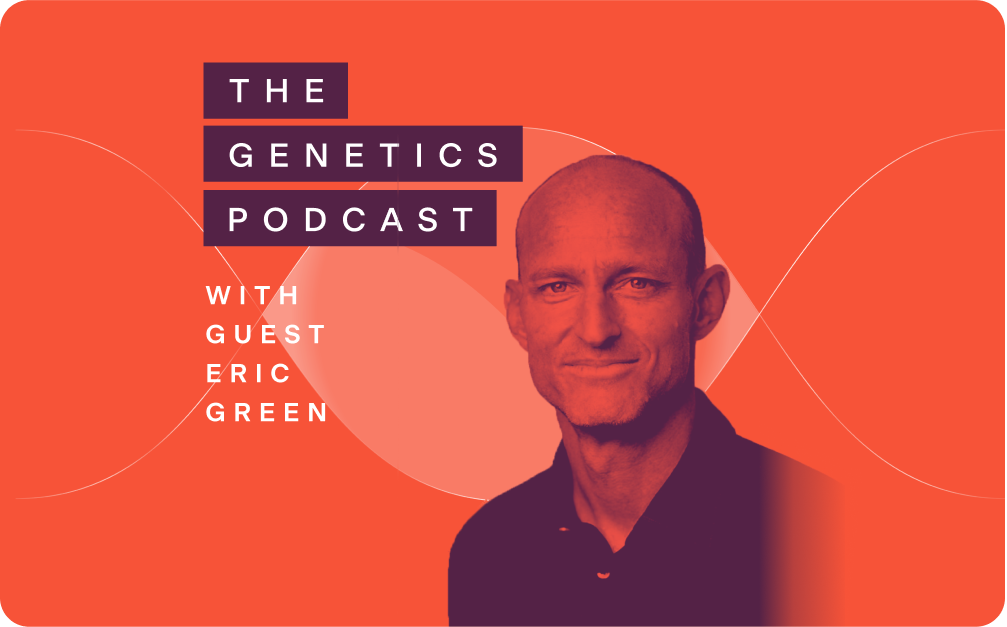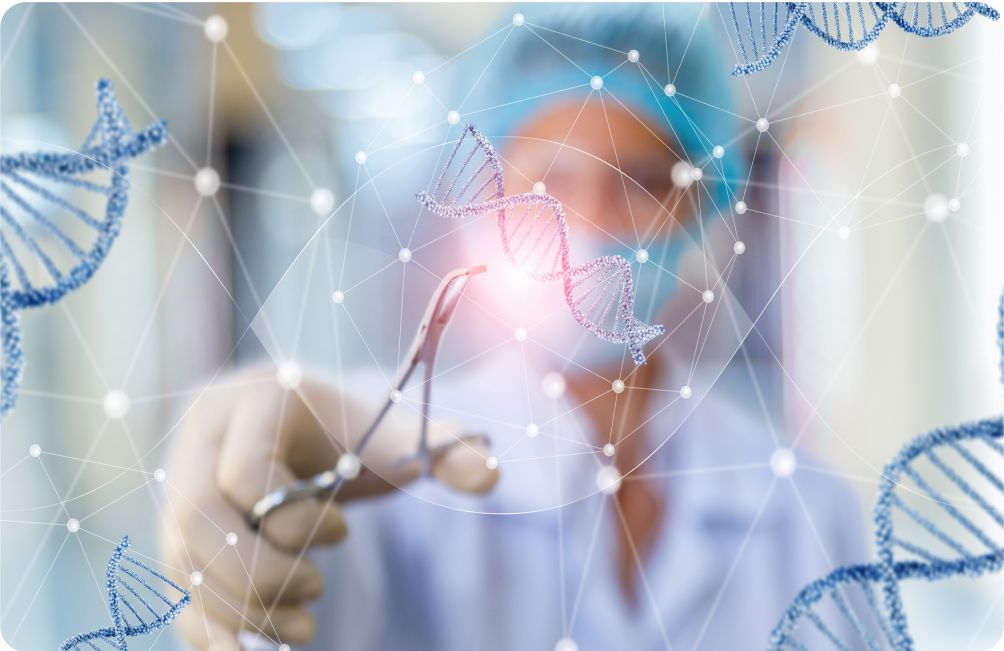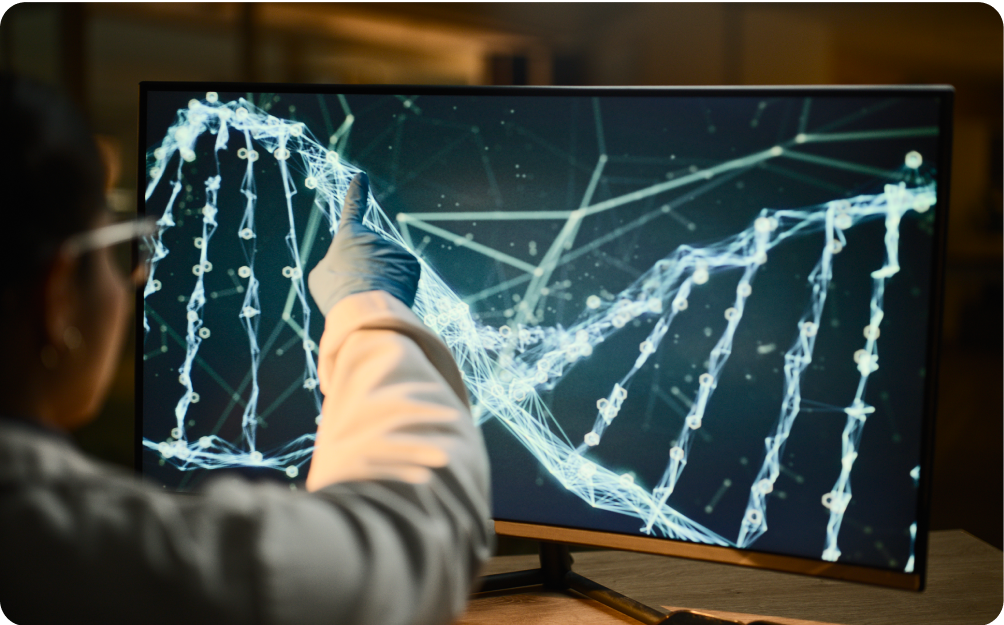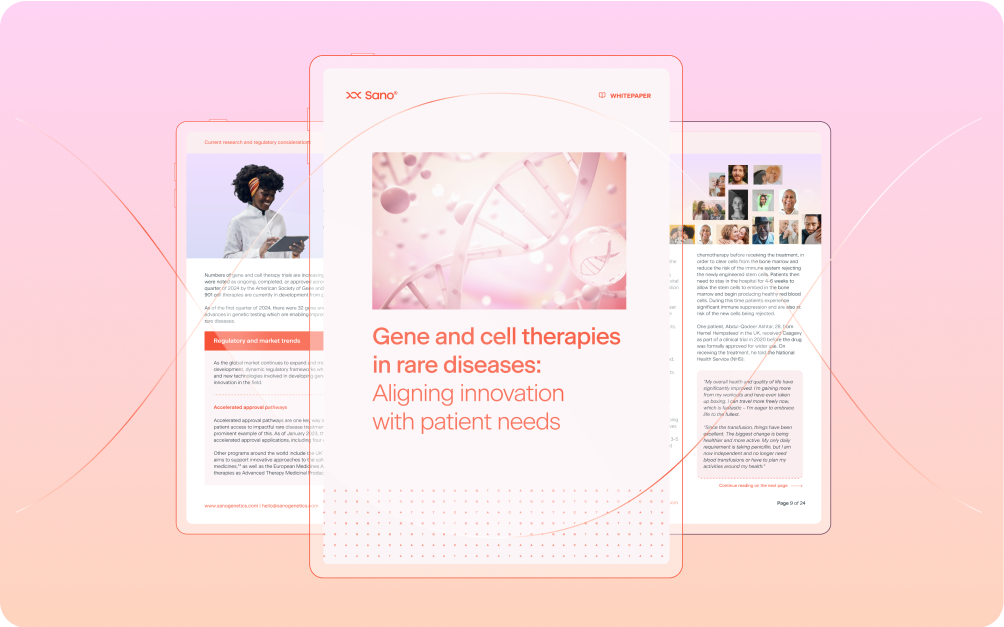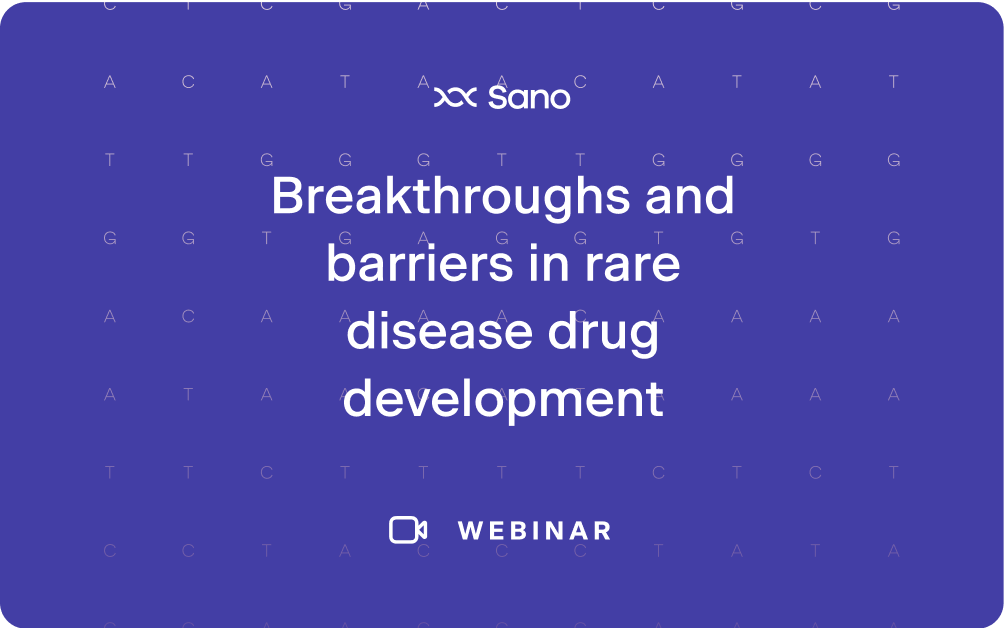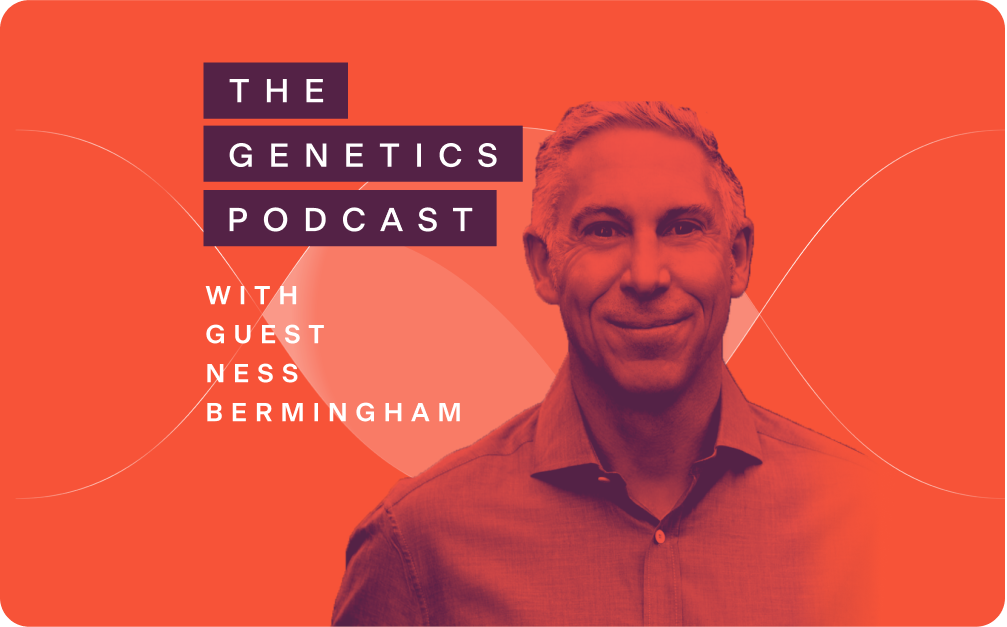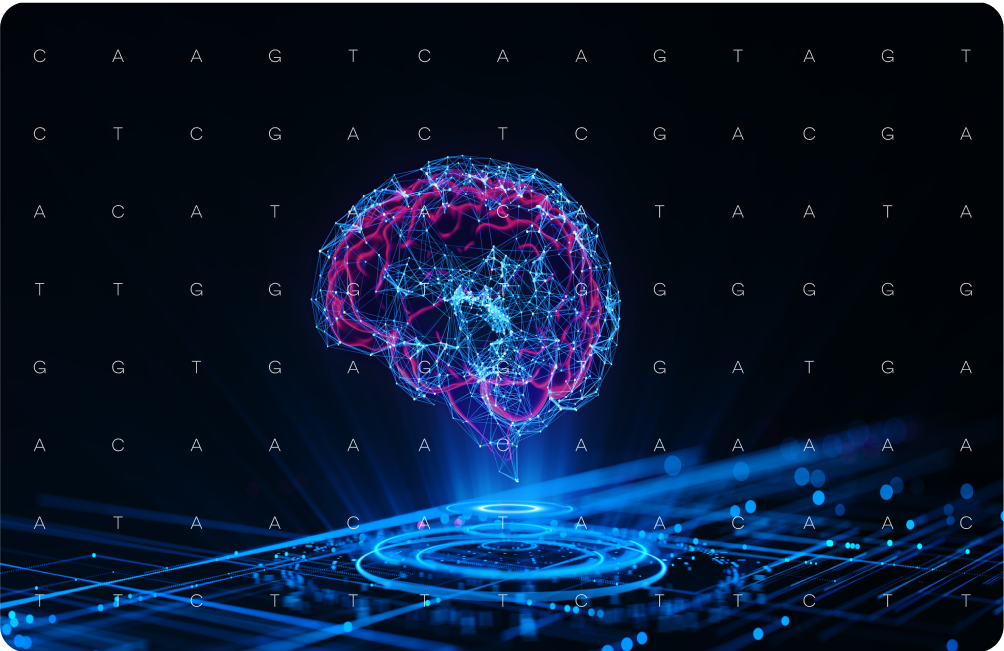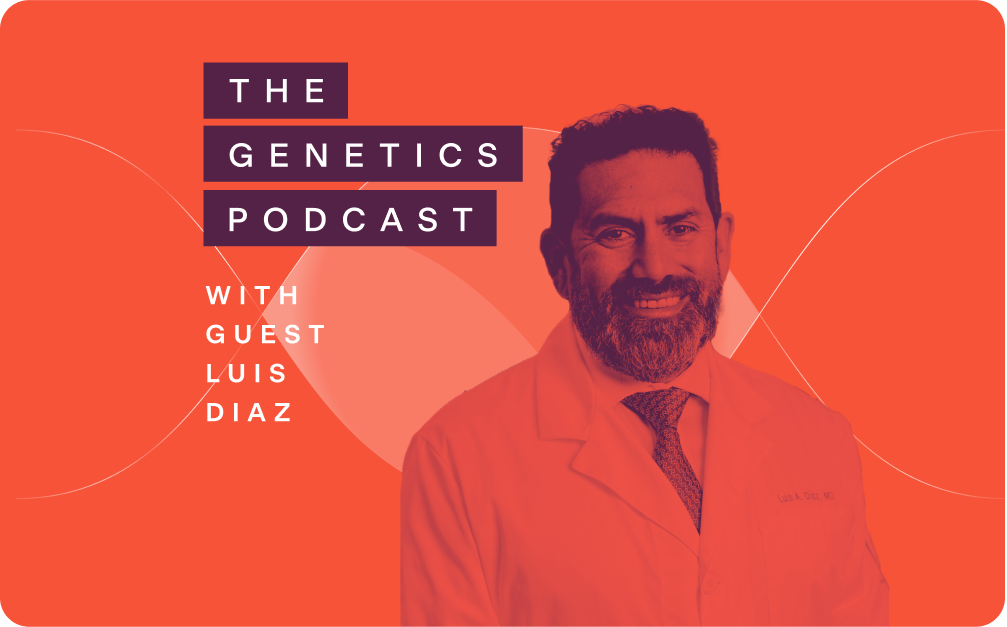Clinical research blog
Explore our blog for insights into the big questions in precision medicine and clinical research.
Cardiovascular disease remains a leading global health concern, claiming millions of lives each year and disproportionately affecting communities worldwide. Factor in conditions like diabetes, hypertension, and fatty liver disease, and you start to see how deeply cardiometabolic issues are woven into our healthcare systems—and our daily lives. Yet there’s a new wave of hope: precision medicine. By tailoring diagnosis, prevention, and treatment to each individual’s genetic profile, environment, and lifestyle, we’re redefining what’s possible in patient care.
In the latest episode of The Genetics Podcast, host and Sano Genetics CEO Patrick Short welcomes Dr. Eric Green, CEO and Founder of Trace Neuroscience. Eric has a wide range of experience in genomics and precision medicine, having co-founded Maze Therapeutics and previously worked as a cardiologist and academic researcher. Together, they explore the evolution of genomic medicine, drug development, and building biotechs.
Numbers of gene and cell therapy trials are expanding rapidly. Here, we examine the market forces and regulatory pathways allowing this field to grow.
There are strong indications that patient acceptance of cell and gene therapies increases significantly following the provision of clear, easy-to-understand information. Here, we outline some opportunities to create more patient-centric research in this area.
What are gene and cell therapies, and why are they key for rare disease innovation? In this blog, we explore these questions and more.
Gene and cell therapies are providing new treatment for those with rare diseases. These therapies offer hope for long-term solutions—and even potential cures—for millions of people worldwide. However, for these treatments to truly make a difference, they must align with patient values, perspectives, and access needs.
In one of our recent webinars, Charlotte Guzzo, COO of Sano Genetics, led a discussion on the challenges and opportunities in rare disease research and drug development. The conversation featured Harriet Holme, chair and founder of PCD Research, whose professional and personal experiences shed light on the current difficulties of rare disease treatments and potential solutions. Read on for a quick recap of the webinar:
In a recent episode of The Genetics Podcast, Patrick Short hosted Dr. Nessan Bermingham, a scientist turned biotech entrepreneur and operating partner at Khosla Ventures. Dr. Bermingham has co-founded over six biotech companies, including Intellia Therapeutics and Korro Bio, and played an important role in advancing CRISPR-based genome editing and RNA editing technologies. Their conversation dove into the challenges and opportunities in biotech, from founding companies to navigating regulatory hurdles and leveraging cutting-edge science.
There are a number of innovative tools and technologies which are enabling precision patient finding. From AI to e-consent, here we explore how they are changing the face of the clinical trial landscape.
In the latest episode of The Genetics Podcast, Patrick Short was joined by Dr. Luis Diaz, head of the Division of Solid Tumor Oncology at Memorial Sloan Kettering Cancer Center. Known for his contributions to precision oncology, Dr. Diaz has played an important role in the development of targeted therapies and immunotherapies that are reshaping cancer care. The discussion spans his landmark studies, the evolution of liquid biopsies, and the potential for precision medicine to expand into other fields. Here's a quick recap of the conversation:

